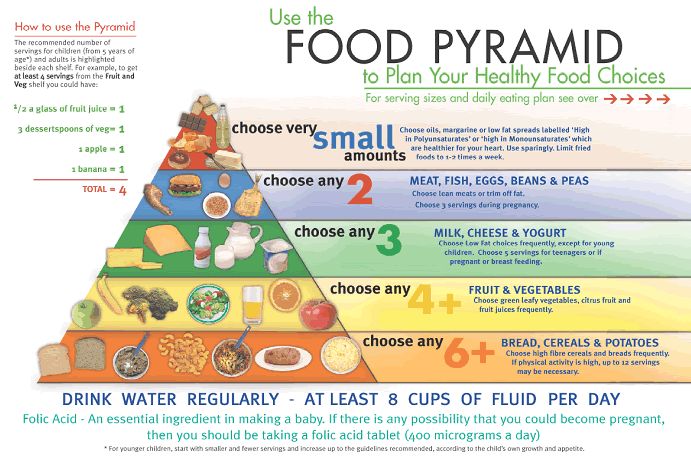Private hospital for birth
Pregnancy care & birth: private hospitals
About birth in private hospitals
Private hospitals are run by private organisations, unlike public hospitals, which are run by government. Private hospitals charge patients directly for services, including pregnancy, birth and postnatal care.
Private hospitals offer a high-quality, safe, comfortable and caring environment for labour, birth and maternity care.
If you choose to give birth in a private hospital, you also choose your own obstetrician. Your pregnancy appointments will be with the obstetrician. This can give you the chance to get to know your obstetrician, which many women like.
Private hospitals are an option for some pregnant women, although private hospitals don’t always have the facilities to care for high-risk pregnancies or women and babies who have complications during labour and birth.
Some private hospitals have information sessions, tours or online virtual tours. Call the hospitals that you’re interested in or check their websites to find out about these options.
Booking into a private hospital to give birth
If you think you might be pregnant, see your GP as soon as possible to start your pregnancy care.
If you’ve already decided that you want to give birth in a private hospital, your GP will give you a referral to an obstetrician. If you’ve already chosen your obstetrician, this usually determines which private hospital you go to for the birth.
If you want to see an obstetrician but don’t know any, you can talk with your GP about local practitioners. Or you can call the private hospital where you want to give birth. The hospital should be able to give you a list of obstetricians who work there.
At your first appointment with your obstetrician, the obstetrician will go through your hospital options and book you into the private hospital.
Pregnancy care with obstetricians and private hospitals
Your pregnancy care appointments will be with your own obstetrician at private consulting rooms.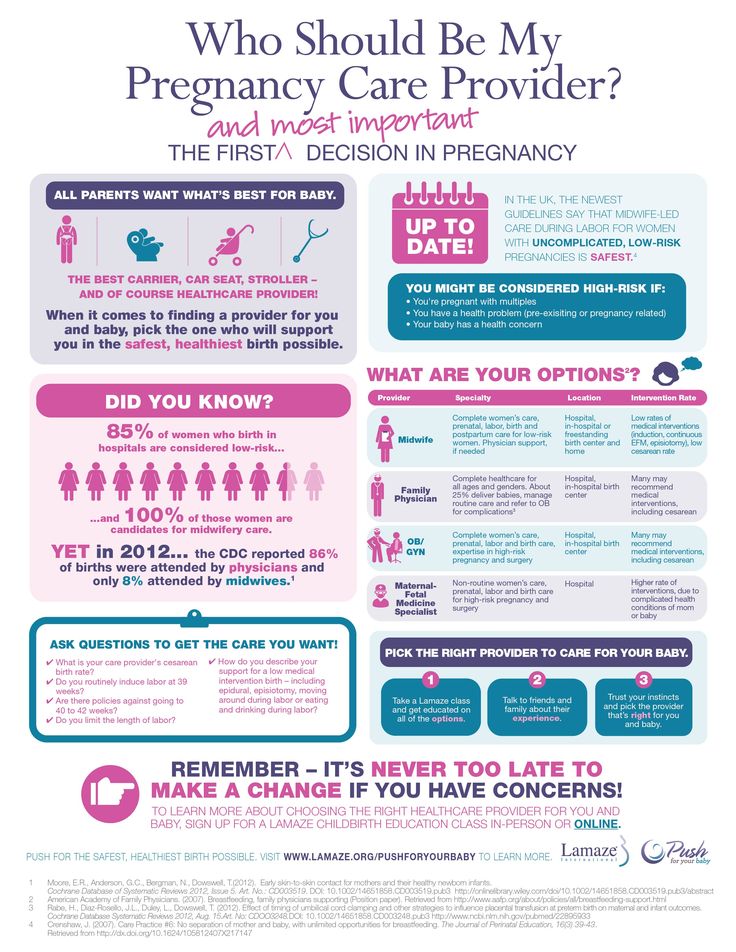 You might occasionally see another obstetrician if your usual obstetrician goes on leave.
You might occasionally see another obstetrician if your usual obstetrician goes on leave.
Many private obstetricians employ a midwife to help with routine checks, organise pregnancy tests and scans, and answer questions about pregnancy and birth.
Some private hospitals offer antenatal classes.
Around the day of the birth
When you know you’re in labour, you call the hospital. The midwives in the birth suite will talk to you about what’s happening and discuss the best time for you to come into hospital.
During labour and birth you might be cared for by a few different hospital midwives, depending on the length of your labour. These midwives will stay in close phone contact with your obstetrician. You probably won’t be able to choose the midwives who look after you at the birth or after the birth.
Your obstetrician will usually check on you during your labour and come for the birth. If you have an uncomplicated vaginal birth and your obstetrician doesn’t get there in time, a midwife will usually deliver your baby.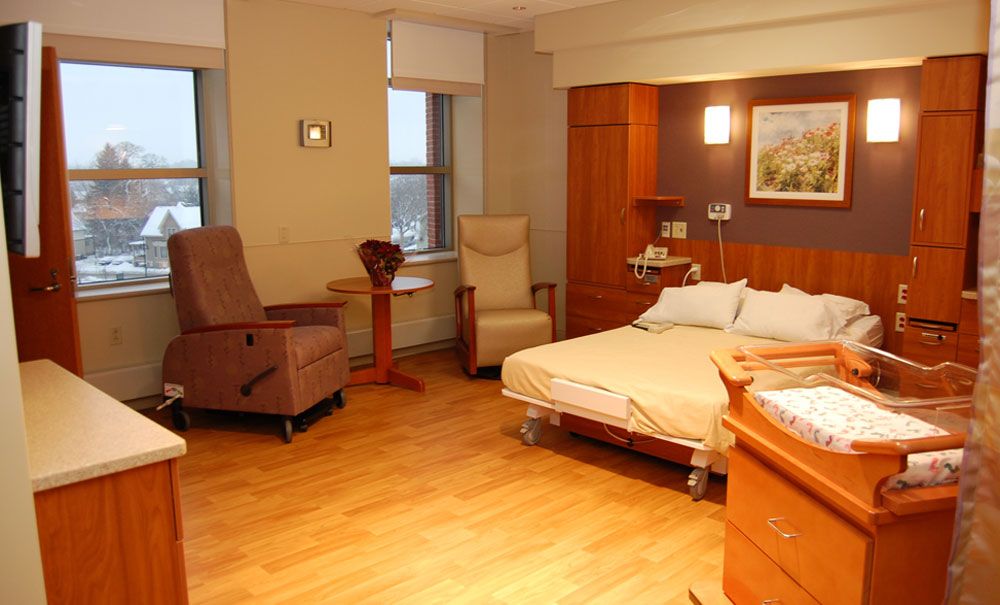
If you need a caesarean, your obstetrician will usually do the operation.
After the birth, the midwives will care for you in the maternity unit. Your obstetrician will visit and check that you’re OK. A paediatrician will check and monitor your baby’s health.
Most birthing mothers stay in hospital for 4 days after a vaginal birth and 5 days after a caesarean. But if you and your obstetrician are happy, you might be able to go home earlier.
If you’re having a planned or elective caesarean, you’ll know the day of your baby’s birth in advance. The hospital will tell you how to prepare, including how long to fast and when to come to hospital. You’ll be admitted to the maternity unit, but your baby will be delivered in the operating theatre.
The birth environment at private hospitals
Many private hospitals have large, air-conditioned birthing suites, usually with ensuites and showers and sometimes with baths. The birthing suites might also have birth balls, heat packs, electric oil burners and other equipment.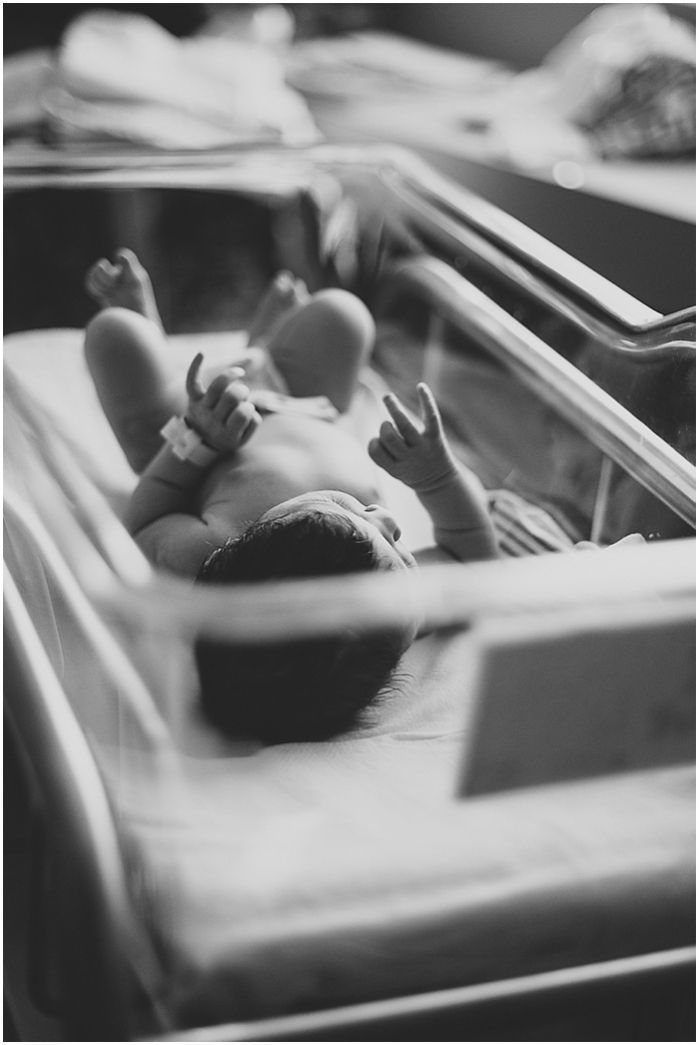
Some private hospitals don’t allow water births, so speak to your hospital about your options.
Private maternity units often have double, single or twin-share accommodation, with ensuites or shared bathrooms. You might be able to have a private room and/or double bed, depending on availability.
Many private hospitals have beds for partners, or a double bed, so your partner can stay overnight with you, although there’s likely to be a fee.
Private maternity units might also have:
- food menu options
- televisions (you might have to pay)
- telephones (you might have to pay)
- small kitchens.
Pregnancy and birth complications: how they’re handled at private hospitals
Obstetricians have special skills to manage difficulties and complications during pregnancy and birth. They’re also trained to deal with emergency situations – for example, emergency caesareans. Some women choose private pregnancy care with an obstetrician for these reasons.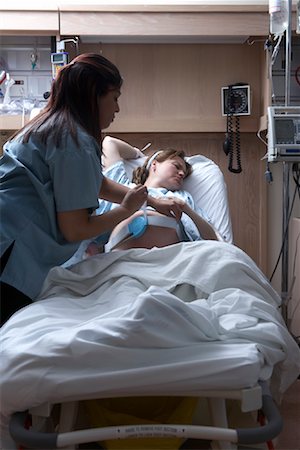
But private hospitals don’t always have medical facilities for more intensive or complex care needs. For this reason, it’s recommended that women with previous or expected complications plan their birth at public maternity hospitals with more facilities.
If you’re booked to go to a private hospital but you go into very premature labour or you or your baby have serious health problems, you might be taken to a public hospital with a neonatal intensive care unit (NICU) or a special care nursery (SCN) for premature or sick babies. Some private hospitals have SCNs, but they don’t usually have NICUs. If your obstetrician has an agreement with the hospital you’re transferred to, they might be able to continue your labour and birth care in that hospital.
Sometimes you’ll be well enough to go home after a complicated birth, but your baby might need to stay in the NICU or SCN.
Costs of giving birth at private hospitals
Here are some of the costs you can expect with obstetricians and private hospitals:
- You pay for appointments with your obstetrician.
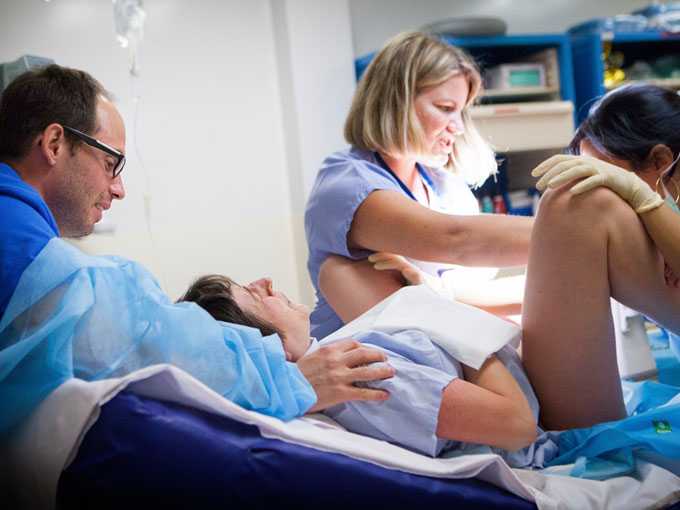 Costs might vary. You can get part of the cost of each appointment back from Medicare. Many obstetricians also have an extra fee for managing your pregnancy.
Costs might vary. You can get part of the cost of each appointment back from Medicare. Many obstetricians also have an extra fee for managing your pregnancy. - Medicare and your private health fund will pay for at least some of your hospital stay. But depending on your private health insurance arrangements, you might also have some extra fees to pay.
- There will be costs for tests and ultrasound scans. You can often get some money back through Medicare.
- There might be a cost for antenatal classes. Check with your fund for possible rebates.
- You’ll have to pay for a paediatrician to give your baby a health check. You can often get some money back from Medicare and your private health fund.
- If you hire a doula, there’ll be a cost, which depends on the doula’s experience, level of care and involvement in your pregnancy.
- Check with your midwife or obstetrician about any other costs. For example, if you have a caesarean, there’ll be costs for anaesthetic services.
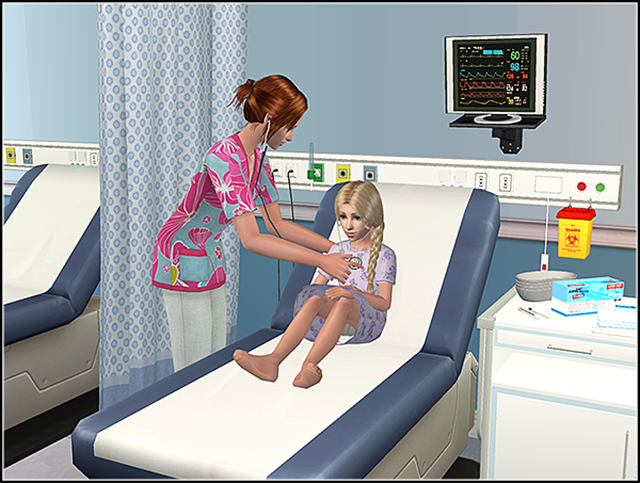
Private health insurance
Most women who give birth at private hospitals have private health insurance, which covers some of the costs of pregnancy and hospital maternity care.
This means that your private health insurance should include cover for pregnancy care. If you’re looking into private health insurance or you’re already a member of a private health fund, it’s worth checking:
- what aspects of pregnancy and birth the private health fund covers
- how much pregnancy cover will cost or add to your insurance premium
- what out-of-pocket pregnancy costs you might still need to pay
- how long you have to wait for pregnancy care cover after joining the fund or adding pregnancy care to your cover.
Some health funds offer a ‘package’ of care that includes pregnancy care with an obstetrician, care at the birth and the post-birth check. It’s a good idea to get a quote so you can see exactly what’s included.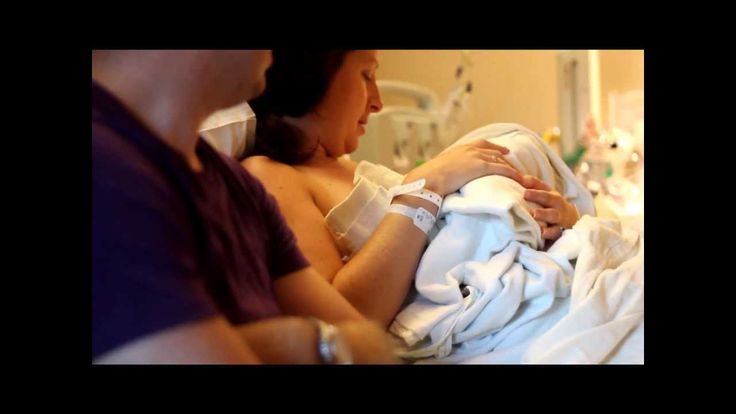
If you don’t have private health insurance, you can still choose private care, but there will be quite big costs. It might be even more expensive if your baby needs special care or an extended hospital stay.
It’s possible to be a private patient in a public hospital, which might reduce some costs. If you’re interested in this option, contact the public hospital and ask if they have a private patient liaison officer that you can speak to.
To find private health funds and compare their prices and policies, visit PrivateHealth.gov.au.
Other things to think about with private hospital births
If you’re thinking about an obstetrician and private pregnancy care, you could also consider the following issues or discuss them with a health professional:
- If you live rurally, you might not have a private hospital in your area. It’s a good idea to look into your local options.
- If you or your baby has significant health problems, you might need to be transferred to a large public maternity hospital where there are specialists.
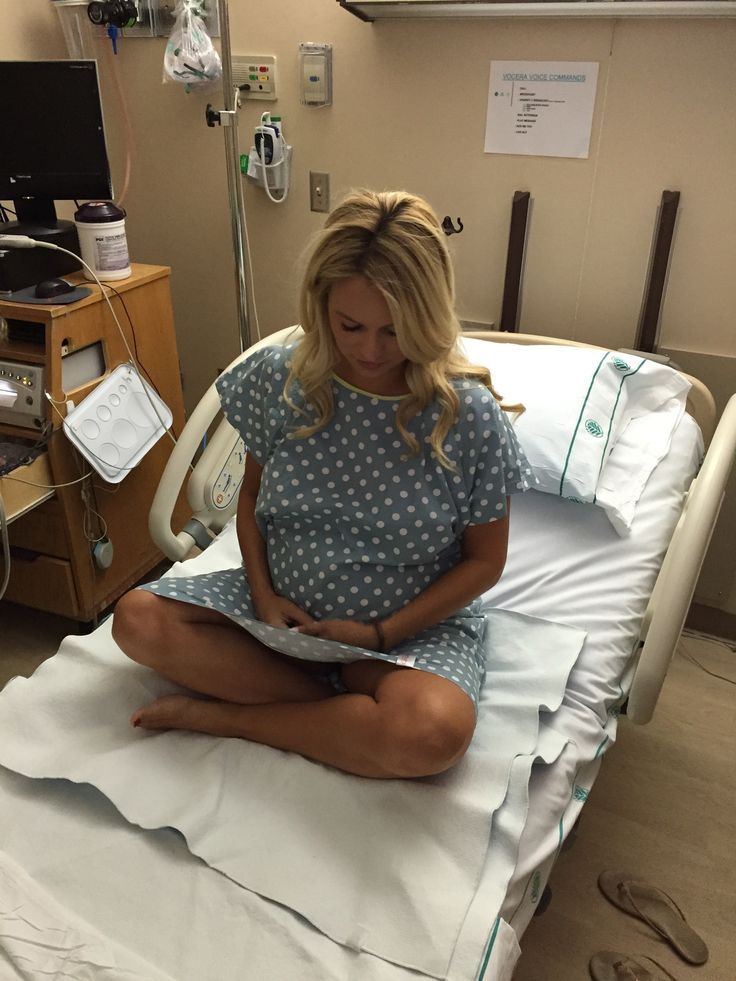
- Private hospitals have higher rates of birth interventions and caesarean births compared with public hospitals.
- Different hospitals have different rules about people visiting you after your baby is born.
- Different hospitals have different facilities and services during and after birth.
Knowing and talking about your options can help you feel more prepared for and happier about your pregnancy and birth experience in the long run.
Public vs private care during pregnancy – hospital, birth centres, home birth
Public vs private care during pregnancy – hospital, birth centres, home birth | Pregnancy Birth and Baby beginning of content6-minute read
Listen
If you are pregnant or planning a pregnancy, you might be wondering about the options for your care. You can choose who cares for you during your pregnancy.
You can choose who cares for you during your pregnancy.
There are some important questions that you may want to ask before deciding on public or private care such as:
- Who would you like to care for you — a midwife, your doctor, an obstetrician or a combination of these healthcare professionals?
- Where would you like to give birth — at hospital, in a birth centre or at home?
- What kind of birth experience would you like?
- Which type of care is better for you, your baby and your individual circumstances?
- Do you want private care, and can you afford it?
Make sure that you explore all your options. Your options often depend on your health, where you live and what is available in your area.
You have the right to respectful maternity care that is culturally safe and helps you to make informed choices.
It’s ok to change your mind and find the care that’s right for you. It’s important to have a positive, trusting relationship with your care provider.
What options do I have for care providers?
There are several choices for your care provider during your pregnancy.
Midwives work in partnership with you and specialise in caring for you during a normal, healthy pregnancy, labour, birth. After the birth they will continue to look after you and provide breastfeeding support. They are also trained to care for your newborn baby. Midwives can work in your home, community, clinics, private and public hospitals.
Obstetricians are doctors who specialise in medical care for you during pregnancy, birth and after the birth. Obstetricians offer care for everyone giving birth. They can: deliver babies in cases where there is high chance of complications and perform caesarean sections. Obstetricians work in both public and private hospitals. If you want to see a private obstetrician, you will need to find out which hospitals they practice at.
Your doctor might offer pregnancy care in collaboration with a hospital, especially in rural areas.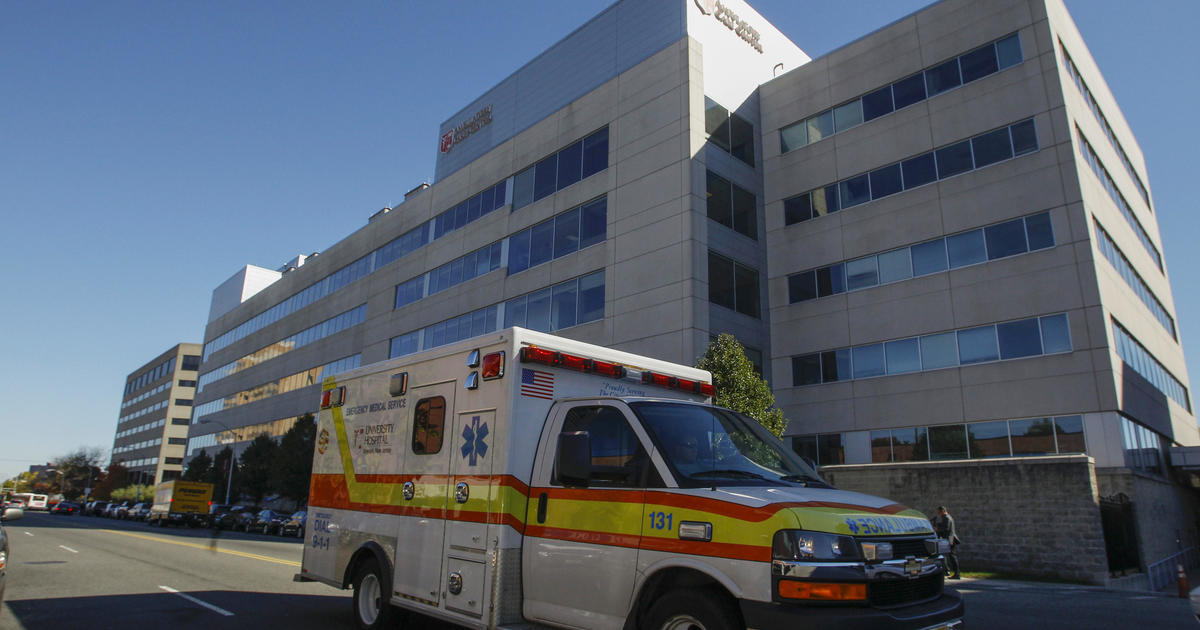 This is called shared care.
This is called shared care.
Can I choose where I give birth?
You can choose where to give birth
Public hospital
Most public hospitals in Australia offer a range of care options. They will work with you to choose a model of care that best meets your needs. Options may include:
- one-to-one midwifery care (midwifery group practice)
- birth centre
- homebirth
- shared care with your doctor
You will usually attend the public hospital antenatal clinic and you may see a doctor or midwife during your visits (it may not always be the same person).
Public hospitals offer some private rooms, but you might be in a shared room after your birth. Your partner may not be able to stay overnight.
If you need to be seen by an obstetrician, you will see the doctor who is working in the hospital at that time.
Private hospitals
Private care will usually be through a private obstetrician of your choice.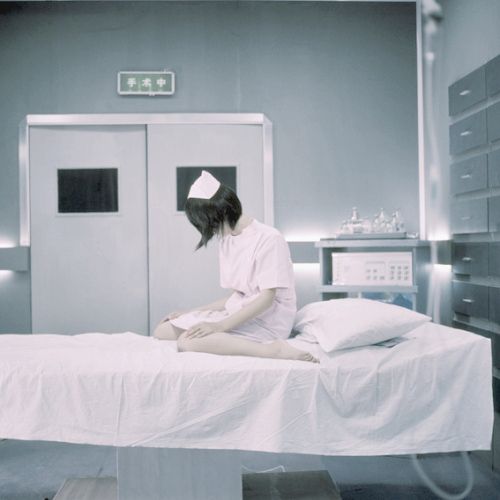 They may also have a midwife that works with them.
They may also have a midwife that works with them.
Your antenatal care is often provided in their own clinics, and they will attend your birth, usually at a private hospital. Many larger private hospitals also provide emergency maternity care.
You’ll need to book a private obstetrician and most private hospitals will be able to give you a list of obstetricians who practice there.
Birth centres
Birth centres offer care for healthy women who have a low-risk pregnancy and would like minimal medical intervention. They often feel more home-like than hospitals. Care is mainly provided by midwives.
Birth centres provide your antenatal care, either through the birth centre or through the hospital that they are attached to.
Most birth centres are located either in a public hospital or close to it. This means that if you have complications during the birth of your baby you can easily be transferred to the hospital.
In most birth centres, your partner can also stay overnight with you if a private room is available.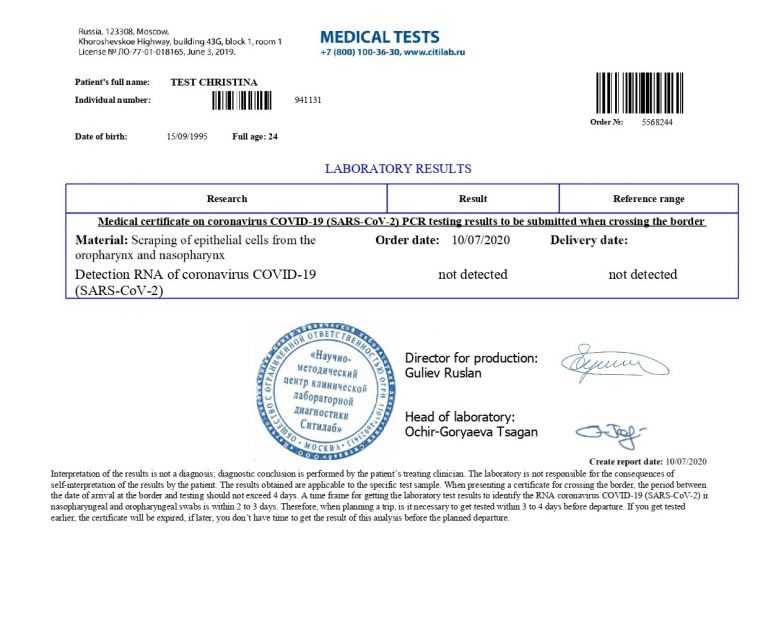
Planned home birth
This is an option available in some states if you have a low-risk pregnancy and live close to a hospital.
You’ll be cared for throughout your pregnancy, birth and after the birth by midwives.
What are the costs?
If you choose to have your baby at a public hospital, birth centre or public homebirth program, most of your pregnancy care costs are covered by Medicare.
If you choose to be looked after by a private healthcare provider, Medicare will only cover part of your costs.
If you have private health insurance, it might cover some or all of the costs of your obstetrician. You should check with your doctor, midwife, hospital, birth centre and health fund. Make sure you understand any out-of-pocket costs.
How do I find a health professional?
Pregnancy, Birth and Baby's service finder helps you locate your nearest doctor, obstetrician, maternal child health nurse and other health professionals across Australia.
FIND A HEALTH SERVICE — The Service Finder can help you find doctors, pharmacies, hospitals and other health services.
Speak to a maternal child health nurse
Call Pregnancy, Birth and Baby to speak to a maternal child health nurse on 1800 882 436 or video call. Available 7am to midnight (AET), 7 days a week.
Sources:
The Royal Women's Hospital Victoria (Pregnancy care options), Australian Government Australian Institute of Health and Welfare (Maternity care in Australia: first national report on models of care, 2021), Government of Western Australia (Pregnancy care options), Department of Health (Pregnancy care for Aboriginal and Torres Strait Islander Women), Queensland Government (Birthing centres and midwives)Learn more here about the development and quality assurance of healthdirect content.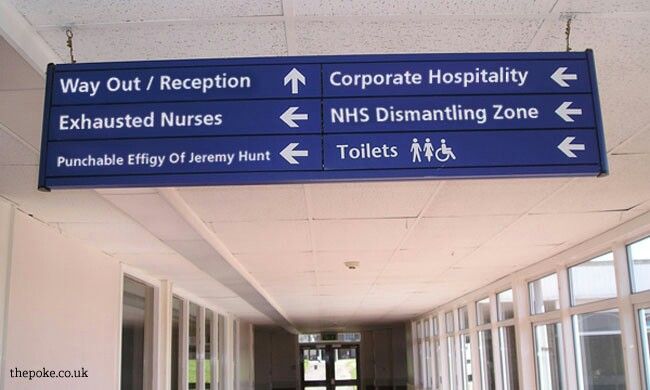
Last reviewed: September 2022
Back To Top
Related pages
- Medicare during pregnancy
- Medicare and other benefits
- Private health insurance and pregnancy
- Pregnancy and newborn care on a visa in Australia
- Having a baby in hospital
- Having a baby at a birthing centre
- What does a child health nurse do?
- What does an obstetrician do?
- What do midwives do?
Need more information?
Pregnancy and newborn care on a visa in Australia
Pregnancy and newborn care are available in Australia on a visa. There may be extra costs if you're not covered by Medicare or private health insurance.
Read more on Pregnancy, Birth & Baby website
Private health insurance and pregnancy
If you are planning to have a child and want private health insurance, there are things to consider such as waiting periods and what is covered.
Read more on Pregnancy, Birth & Baby website
Maternity services in rural NSW
Find out what maternity services are available in rural or remote NSW
Read more on Pregnancy, Birth & Baby website
Maternity services in rural Victoria
Find out what maternity services are available in rural and remote Victoria.
Read more on Pregnancy, Birth & Baby website
Medicare during pregnancy
Medicare is a health insurance scheme funded by the Australian government. Find out what is covered by Medicare during pregnancy and after your baby is born.
Read more on Pregnancy, Birth & Baby website
Pregnancy care & birth: private hospitals | Raising Children Network
Private hospitals offer comfortable, caring birth environments. Private obstetricians look after pregnancy care for women having a private hospital births.
Read more on raisingchildren.net.au website
Support for migrants to Australia
If you are new to Australia, find out how the government and community organisations can support you.
Read more on Pregnancy, Birth & Baby website
Medicare and other benefits
Medicare provides all Australians (and some overseas visitors) access to a wide range of health and hospital services at low or no cost.
Read more on Pregnancy, Birth & Baby website
What does an obstetrician do?
Obstetricians are specialists in pregnancy and birth. Learn more about their work, how to choose one and the costs involved in having a private obstetrician.
Read more on Pregnancy, Birth & Baby website
Homebirth: pregnancy care and birth | Raising Children Network
Homebirth is an option for healthy women with low-risk pregnancies who can transfer to hospital. Private midwives care for homebirthing women in pregnancy.
Read more on raisingchildren.net.au website
Disclaimer
Pregnancy, Birth and Baby is not responsible for the content and advertising on the external website you are now entering.
OKNeed further advice or guidance from our maternal child health nurses?
1800 882 436
Video call
- Contact us
- About us
- A-Z topics
- Symptom Checker
- Service Finder
- Subscribe to newsletters
- Sign in
- Linking to us
- Information partners
- Terms of use
- Privacy
Pregnancy, Birth and Baby is funded by the Australian Government and operated by Healthdirect Australia.
Pregnancy, Birth and Baby’s information and advice are developed and managed within a rigorous clinical governance framework.
This site is protected by reCAPTCHA and the Google Privacy Policy and Terms of Service apply.
Healthdirect Australia acknowledges the Traditional Owners of Country throughout Australia and their continuing connection to land, sea and community. We pay our respects to the Traditional Owners and to Elders both past and present.
This information is for your general information and use only and is not intended to be used as medical advice and should not be used to diagnose, treat, cure or prevent any medical condition, nor should it be used for therapeutic purposes.
The information is not a substitute for independent professional advice and should not be used as an alternative to professional health care. If you have a particular medical problem, please consult a healthcare professional.
Except as permitted under the Copyright Act 1968, this publication or any part of it may not be reproduced, altered, adapted, stored and/or distributed in any form or by any means without the prior written permission of Healthdirect Australia.
Support this browser is being discontinued for Pregnancy, Birth and Baby
Support for this browser is being discontinued for this site
- Internet Explorer 11 and lower
We currently support Microsoft Edge, Chrome, Firefox and Safari. For more information, please visit the links below:
- Chrome by Google
- Firefox by Mozilla
- Microsoft Edge
- Safari by Apple
You are welcome to continue browsing this site with this browser. Some features, tools or interaction may not work correctly.
prices in clinics, reviews about treatment and doctors - NaPopravku
Today22 Feb. Feb. 25 – 26 Feb.
Available online
Rated above 4.0
Filters
Sort:
-
by recording time
-
by rating
-
by price
Choose by recording time by rating by price
See on the map
The clinic provides comprehensive examinations and treatment. Reception is conducted by doctors with a scientific degree and the highest qualification in the specialties: oncology, phlebology, gynecology, therapy, etc. Among the diagnostic methods: ultrasound, ECG, blood pressure, colposcopy. Gift certificates can be purchased at the clinic. There are discounts for pensioners and the disabled.
Paid (natural) childbirth
from 900 ₽
Paid (natural) childbirth
from 1 550 ₽
Serves children and adults. Reception is conducted by specialists with a scientific degree and the highest category in the following areas: dermatology, ophthalmology, pediatrics, neurology, etc. The clinic has a large selection of programs for children and adults. You can also call a doctor and a nurse at home, undergo a medical examination, and issue certificates.
Paid (natural) childbirth
from 890 ₽
Paid (natural) childbirth
from 109$0
The clinic accepts adults and children, provides a wide range of dental services: therapeutic treatment, tooth extraction, professional hygiene and teeth whitening, installation of implants, braces, removable and non-removable dentures. Dentistry is open seven days a week.
Paid (natural) childbirth
from 800 ₽
Paid (natural) childbirth
from 1 000 ₽
Admits children and specializes in consultations with narrow specialists, treatment of diseases. Here you can take tests, undergo an ECG, ultrasound. In the clinic, you can call a doctor and a laboratory at home, issue certificates (for swimming pool, kindergarten and school), undergo various check-up examinations and get vaccinated.
Paid (natural) childbirth
from 800 ₽
Paid (natural) childbirth
from 1 000 ₽
Paid (natural) childbirth
from 620 ₽
Paid (natural) childbirth
from 620 ₽
Paid (natural) childbirth
from 750 ₽
Paid (natural) childbirth
from 950 ₽
Information taken from official websites of clinics
Good to know
Treatment with Napopravka is profitable!
Even treatment costs can be saved without sacrificing quality. We'll tell you how!
See a doctor at a convenient time? Easy!
How the online booking system works and how it works!
7 maternity hospitals in Krasnodar, 6913 reviews
The birth of a child is a joyful event, but it causes a lot of emotions. Every woman is worried about the process of childbirth, because it is not only painful, but also very dangerous. Therefore, the choice of a doctor and a suitable medical institution is carried out especially carefully. But where can you get all the necessary information and, most importantly, find out the opinions of girls whose babies were born in an institution of interest? Of course, on the ProDoctors portal! With us you will not only be able to get a general idea of the maternity hospitals in Krasnodar, but also, what is especially important, get acquainted with the reviews of the patients of these institutions. They will talk about the doctors who took delivery, the attitude of nurses towards women in labor, the equipment of the medical institution and other important points.
All women who have already visited one of the maternity hospitals in Krasnodar, we ask you to spend a few minutes and describe your impressions of the chosen institution in as much detail as possible. There is no unnecessary information here, every detail is important. You, like no one else, understand how much expectant mothers worry and how much they want to find a place where they and their baby will be given proper attention. It is your feedback that can help in solving this difficult task.
Choosing a maternity hospital in Krasnodar
Currently, there are 4 maternity hospitals in Krasnodar. Most often they are located at multidisciplinary hospitals. Increasingly, specialized perinatal centers can be found at maternity hospitals in Krasnodar. They provide assistance to newborns with any pathologies, the condition of premature babies is monitored. It is important that some institutions practice the presence of a neonatologist during childbirth (he specializes in treating babies up to 1 month of their life). This allows you to help the child, if he was born with any disorders, right in the delivery room.
Maternity hospitals in Krasnodar work according to the latest standards. Treatment here is free of charge (according to the CHI program). However, if desired, the expectant mother can use additional paid services. Among them are accommodation in a more comfortable room, the use of painkillers during childbirth, etc. Recently, more and more women prefer to give birth in the presence of a spouse. Krasnodar maternity hospitals also provide this service by prior arrangement. Among other positive aspects, it is also worth highlighting the opportunity to be in the same room with a newborn, permission for an unlimited number of transfers and even early discharge (if the health of the mother and baby does not cause concern to doctors). In addition, relatives may be allowed to visit a woman and a child right in the ward.
The history of maternity hospitals in Krasnodar
The development of maternity hospitals in Krasnodar practically coincides with the development of the main city hospitals, because maternity wards were one of the first to appear in medical institutions.



